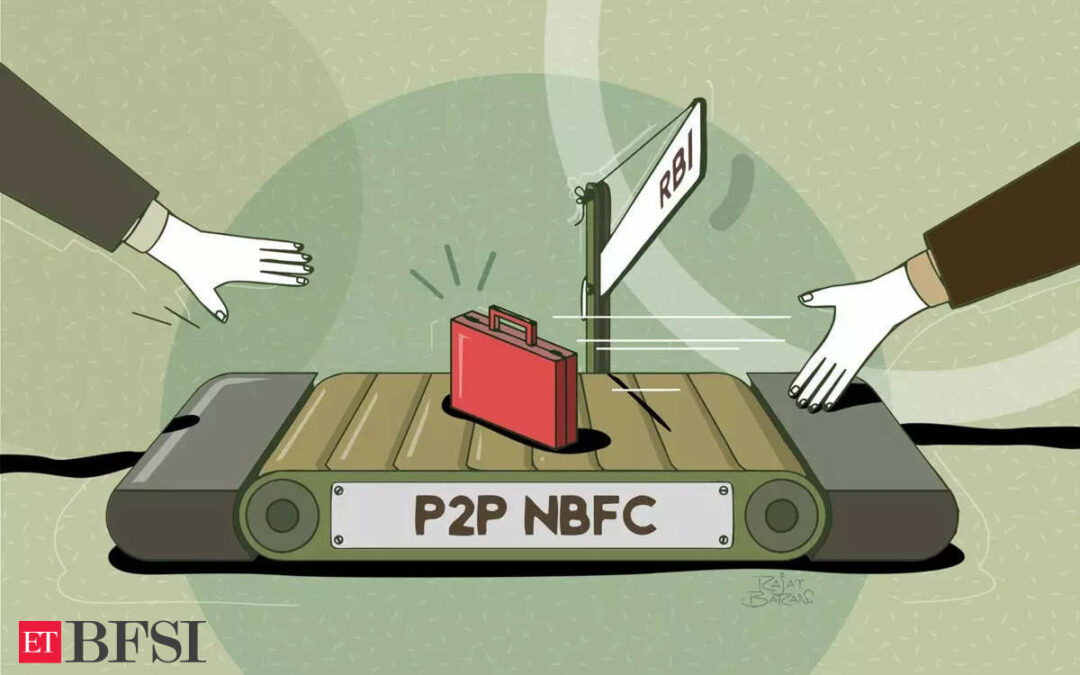Peer-to-peer (P2P) lending platforms in India are facing significant challenges following a recent crackdown by the Reserve Bank of India (RBI). The central bank has imposed stricter regulations aimed at addressing concerns about P2P lenders marketing their services as investment products with guaranteed returns, a clear violation of earlier directives.
The RBI’s latest mandate requires P2P lending firms to act strictly as intermediaries, without taking on any credit risk. Additionally, the new regulations prohibit platforms from promoting their services as offering assured returns. This move comes after the RBI discovered that some companies were misrepresenting their products in ways that contravened a 2017 directive.
Among the immediate consequences of the crackdown, the RBI has levied penalties totaling Rs 1.9 crore on LiquiLoans and LenDenClub for non-compliance.
The regulatory changes include a requirement for P2P platforms to establish two separate escrow accounts—one for lenders and one for borrowers—with transactions to be settled within one day of funds being received. Companies have a 90-day window to comply with the escrow account provision, while other rules are effective immediately.
The challenges
The P2P lending industry, which currently encompasses approximately 1,454 platforms and manages around Rs 20,000 crore in loans, is now grappling with several critical issues.
Previously, P2P lenders offered returns of 10%-12%, attracting investors looking for better yields compared to traditional fixed deposits. The new regulations, which prevent assured returns, are expected to dampen investor enthusiasm and impact liquidity.
Many payment service providers, lured by the higher margins in lending, have recently expanded into the P2P sector. With the new restrictions, companies such as BharatPe and Cred are reassessing their P2P lending strategies and partnerships.
The requirement to distribute risk across the ecosystem poses operational difficulties, particularly for smaller players. Compliance with the new rules could lead to a shake-up in the industry, with some companies potentially facing closure.











